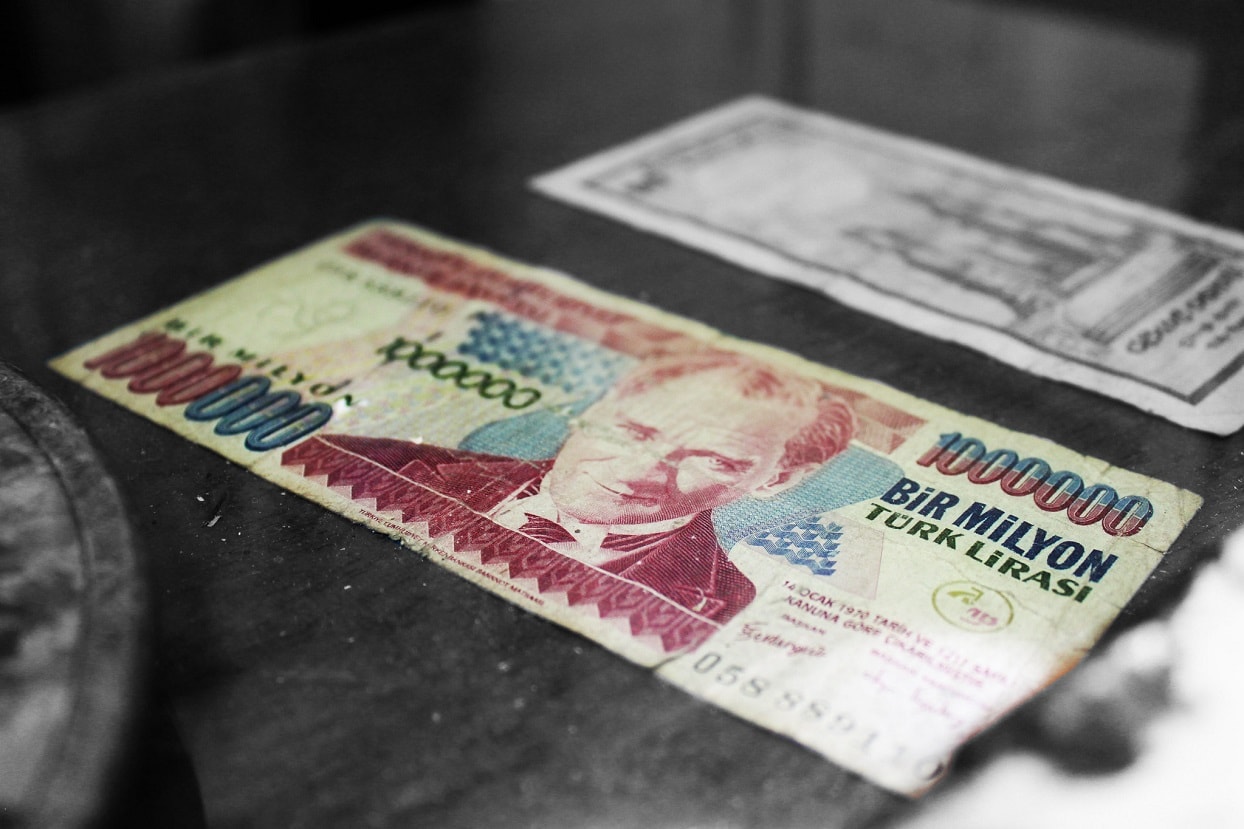The lira, Turkey’s currency, is in free fall. A decade ago, it traded at 1.83 to the US dollar. Five years ago, it hovered around three to the dollar. Last week it surpassed nine to the dollar and, on Friday, it closed at 9.27.
That the Turkish lira could drop an order of magnitude might sound farfetched, but it is not for a simple reason: Turkey’s foreign reserves are missing.
In November 2020, after the Turkish lira lost about 30 percent of its value, Goldman-Sachs estimated that the Turkish Central Bank had spent more than $100 billion in its foreign reserves to try shore up the currency. That same month, President Recep Tayyip Erdoğan’s son-in-law Berat Albayrak resigned his post as Turkey’s finance minister.
By March 2021, Turkey reportedly only had $10 billion in its foreign reserves, and both opposition politicians and former Erdoğan loyalists like Ali Babacan, a former state minister for economic affairs, foreign minister, and deputy prime minister, asked where $130 billion in reserves went. At a minimum, analysts suggest the mystery over the state of the foreign reserves illustrated the opacity with which Erdoğan and his family treat Turkey’s finances. While Erdogan said in April 2021 that current foreign reserves are at $90 billion, Goldman Sachs, estimated the real figure to be negative $60 billion, with the Central Bank unable to meet its obligations.
Increasingly, there is suspicion among Turks that Erdoğan and his family applied only a small fraction of the money withdrawn from reserves for the stated purpose of shoring up the currency, and simply diverted or absconded with the rest. Perhaps Erdoğan thought trust in the government would artificially inflate the lira’s value but, even if this was true, it was not a sustainable strategy, and the cost of betraying that trust would be corrosive.
Just last month, Esfender Korkmaz, an economist and a contributor to the nationalist paper Yeniçağ, said that if the government really sold $100 billion in the currency market, the exchange rate of the Turkish lira would have been five to the dollar. And, earlier this week, Süleyman Girgin, a member of parliament from the center-left Republican Peoples Party (CHP) demanded during a Planning and Budget Commission meeting to know who authorized the reserve’s sale, at what rate, and to whom.
Whatever the reason, one thing is certain: Turks no longer have confidence in their currency. They convert paychecks to euros, gold, and increasingly bitcoin in the belief that any Turkish lira holdings will become valueless. This lack of faith in their currency—and the belief that the government is printing money without discipline to cover its debts and no longer has the reserves to shore up the lira—is already sparking inflation fears and a general belief that Turkey could soon go back to the situation of decades past when hyperinflation crippled the economy. As Turks flee the lira for any other refuge, they will simply catalyze its demise.
In 2002, Recep Tayyip Erdoğan’s Justice and Development Party (AKP) won a supermajority in the first election in which it participated. The AKP won because Turks were fed up with the economic mismanagement, corruption, and complacency of establishment parties. Erdoğan today is the establishment party. He has no excuses: He has dominated the country for almost two decades. If his distribution of foreign reserves were legitimate, he would document them; that he does not suggests he, Albayrak, and other family members may simply have squandered, embezzled, or gambled the funds away. Whereas in 2002, Turks could punish the incumbents, today, the notion that Erdoğan will respect polls is questionable. He sees himself not as a democrat accountable to the people, but instead as a sultan to whom the people should pay heed.
What this means for Turks, then, is that there likely will not be a peaceful transition nor an acknowledgment by Erdoğan that his economic theories are invalid. Ego will not allow Erdoğan to admit that his stewardship has been disastrous. Turkey is not yet Venezuela or Zimbabwe, but if Erdoğan remains in power and his inner circle continues its mismanagement if not looting of Turkey’s holdings, it could be.
Now a 1945 Contributing Editor, Michael Rubin is a Senior Fellow at the American Enterprise Institute (AEI).

